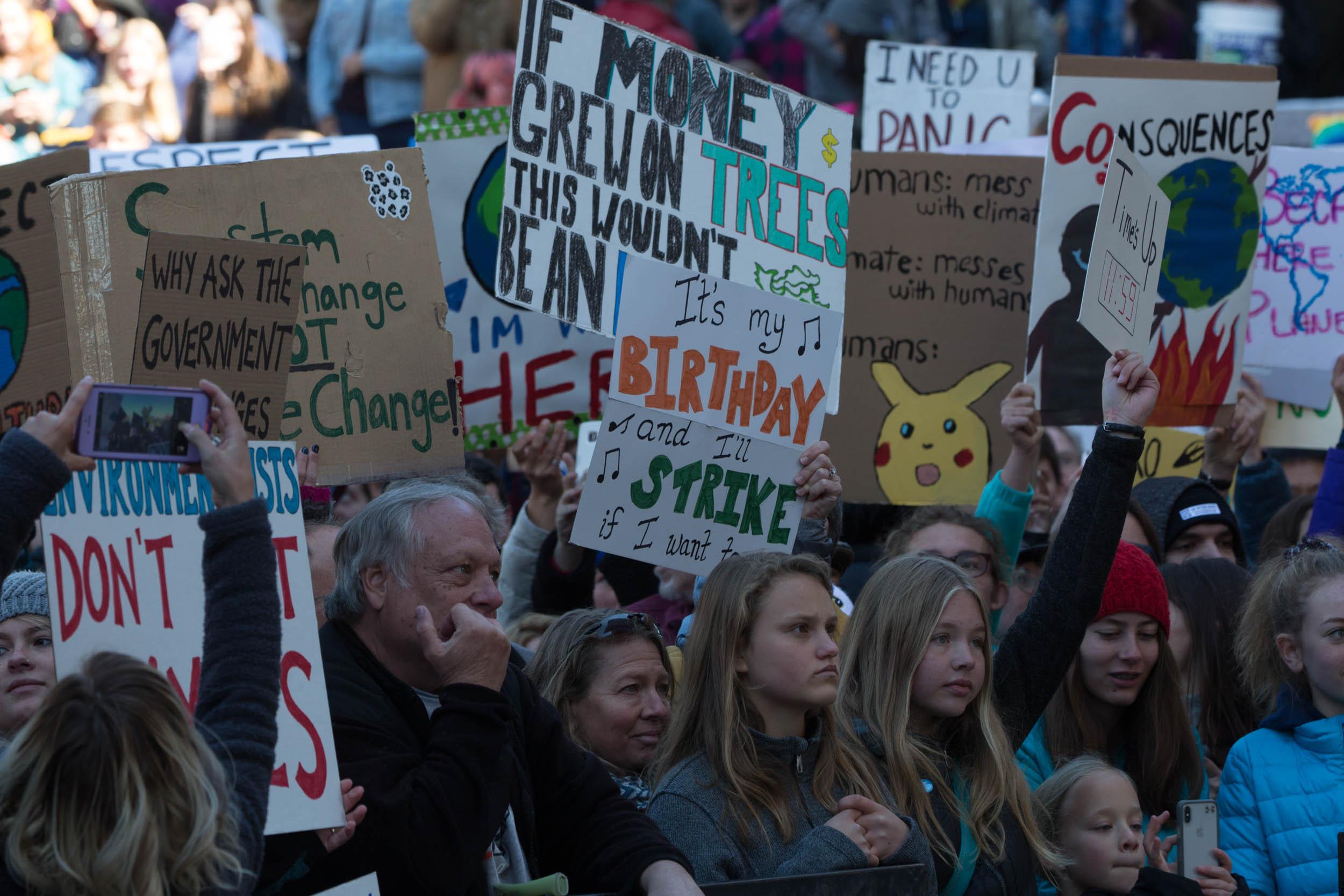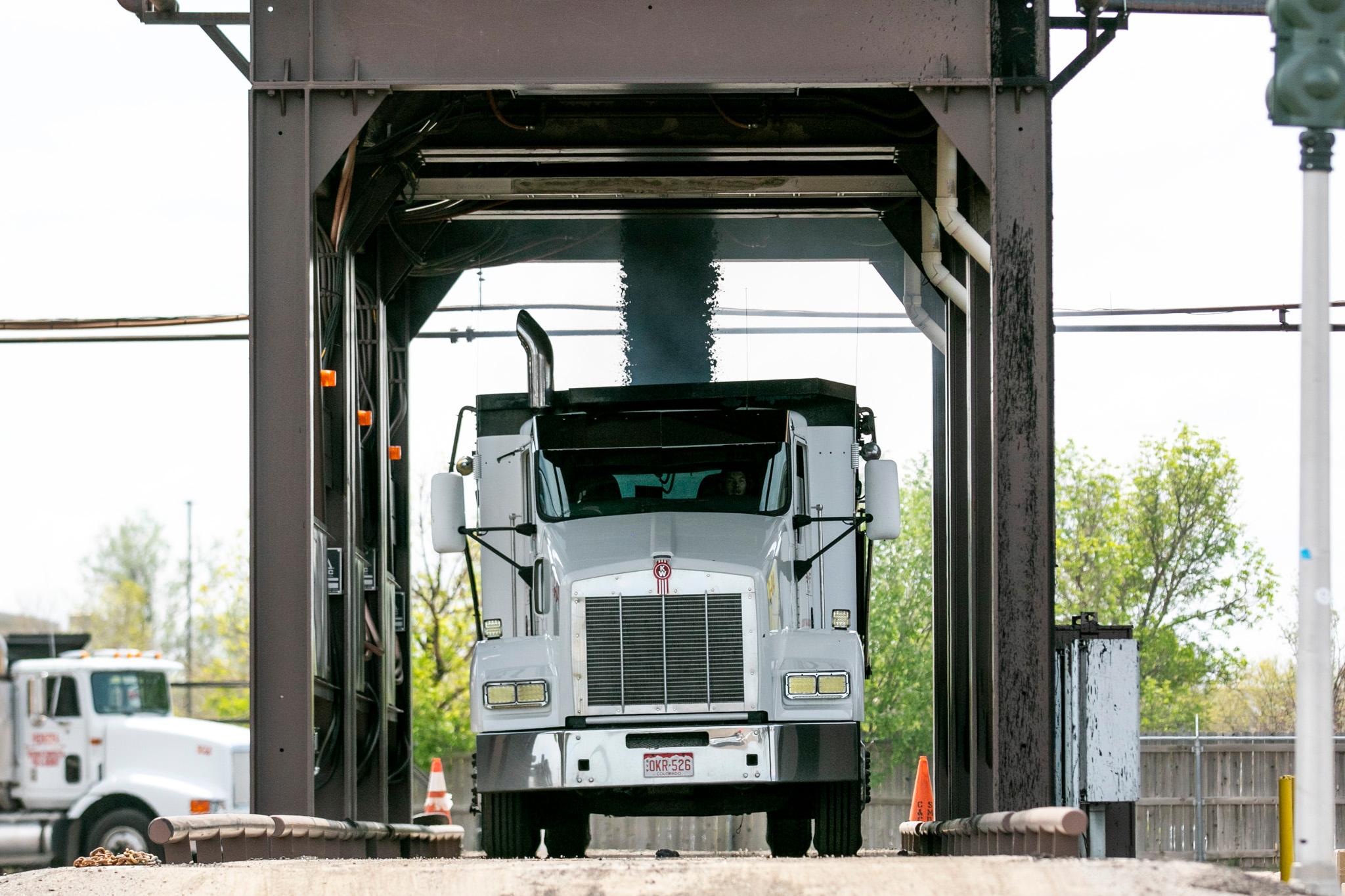In 2020, Denver voters approved a ballot measure that raised sales taxes by .25% to raise money for efforts combating climate change and economic disparity. A year later, the city released a five-year plan on spending the money, which includes solar projects, electric vehicle charging stations, building efficiency and more. The plan also focused on communities most vulnerable to climate change.
The tax raised more money than initially anticipated, so now voters get to decide whether the city should keep the extra funds or give it back to taxpayers.
Here's the language you'll see on the ballot:
May the City and County of Denver Retain and Spend all 2021 Revenues derived from the 0.25% Climate Action sales and use tax originally approved by the voters on November 3, 2020, and continue to impose and collect the tax to the full extent of the 0.25% permitted by the original voter approval?
How would it work?
When initially passed, the sales taxes was expected to raise around $40 million a year. Instead, it raised $41.3 million in 2021. Because of TABOR laws, which require the city to refund excess tax revenue unless approved by voters, Denver has to ask residents whether or not it can keep the extra $1.3 million for climate projects. The measure also asks whether the city can continue to keep the full tax amount in the future.
Who's for it and who's against it?
There's no organized groups advocating on either side, but proponents of the original 2020 measure saw it as a step towards combating the climate crisis on a local level, rather than just waiting for federal action. Opponents in 2020 worried about a sales tax affecting lower income people, so the final version declined to tax necessities like food and hygiene products.













